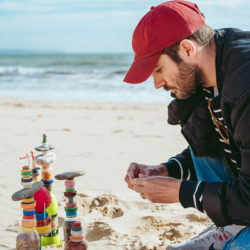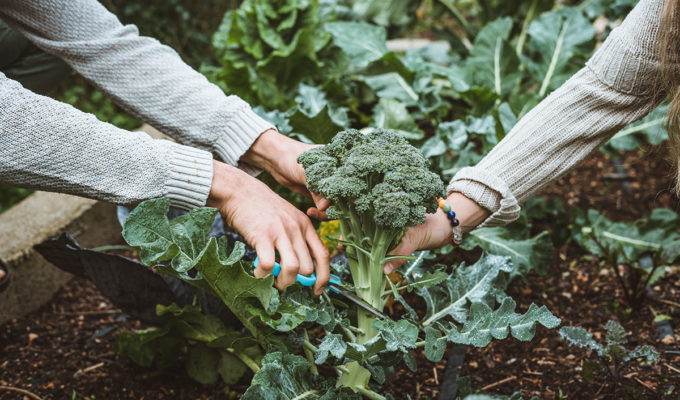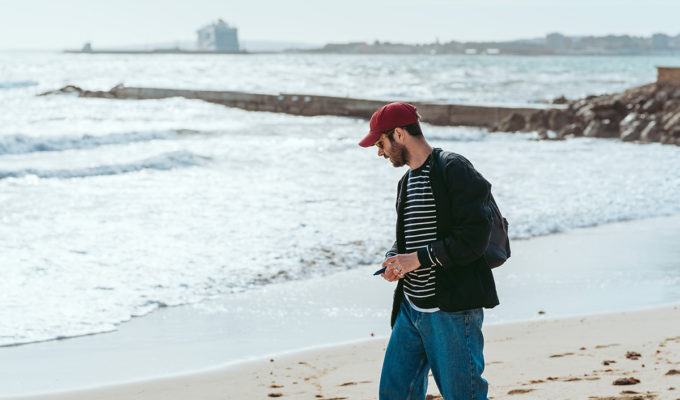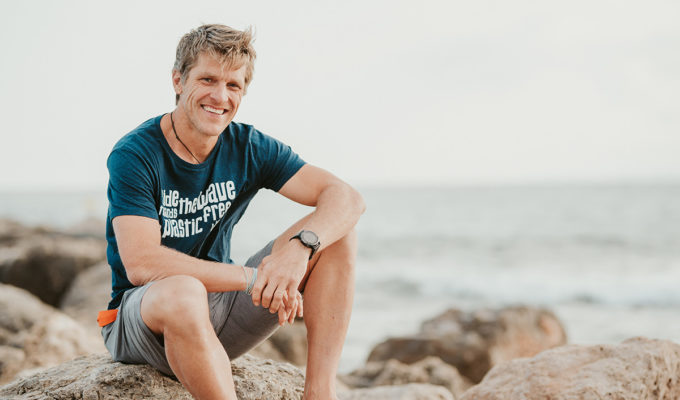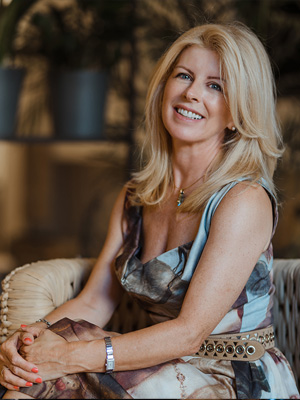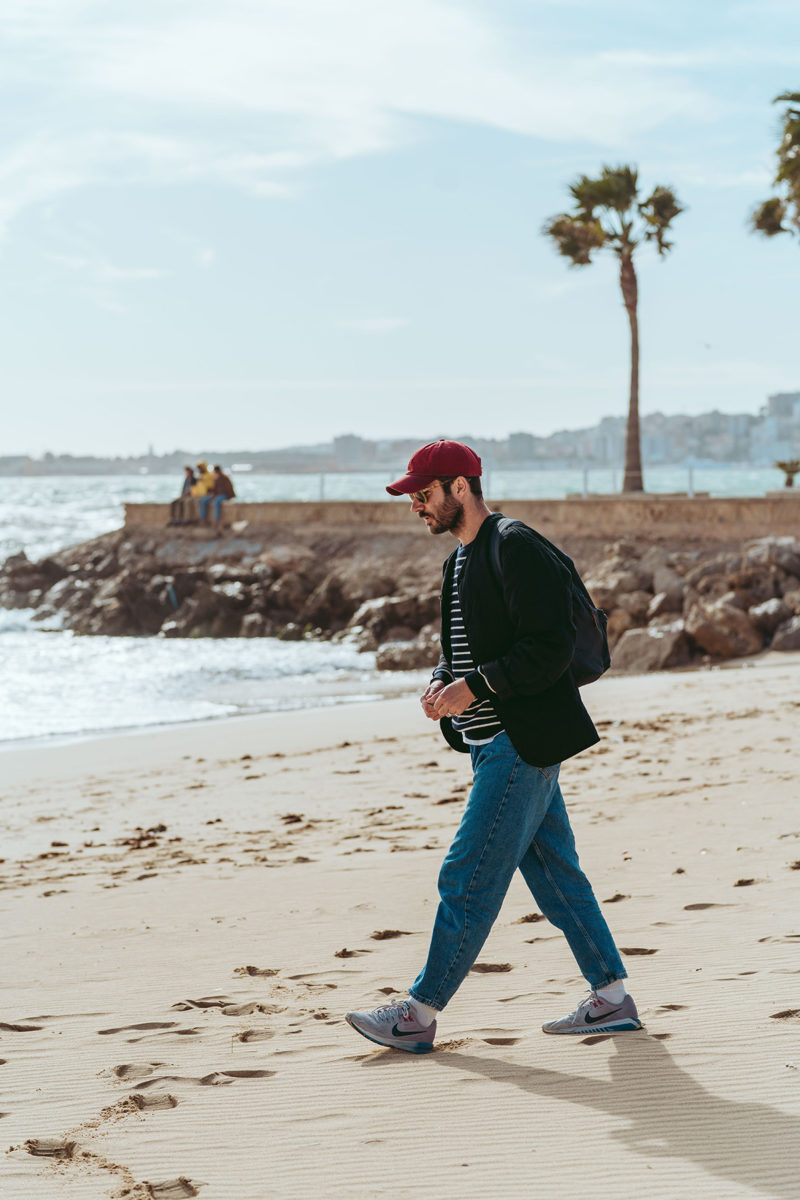
Julià describes his approach to found objects as archaeological, finding bottles and lids washed up with Arabic and Tunisian origins, lighters, fishing lures, and plenty of cotton earbud sticks. In making sense of these objects, Julià uploaded images of the ritualistic sculptures of sand, shells, stones, and consumer waste that formed miniature beach altars and totems, using the hashtag #altaresytotemsplayeros when uploading them. Elements of these humble structures can be seen transformed into aspects of his artworks, taking the form of larger floor and wall sculptures, photography, video, and collage that have been exhibited at Galeria Fran Reus in Palma, Sunday Art Fair in London, and ARCO, Lisbon.
Yet sculptures using beach waste are just one of many facets of Julià’s practice, something he describes as “an amalgam, which serves me to establish a continuous dialogue with the world and with myself”. Working without a fixed studio, another detail of precarity and impermanence, he uses “found materials to create new constellations of matter and meaning”, a way to relate to and understand times we are living in and contemporary materials that surround us.
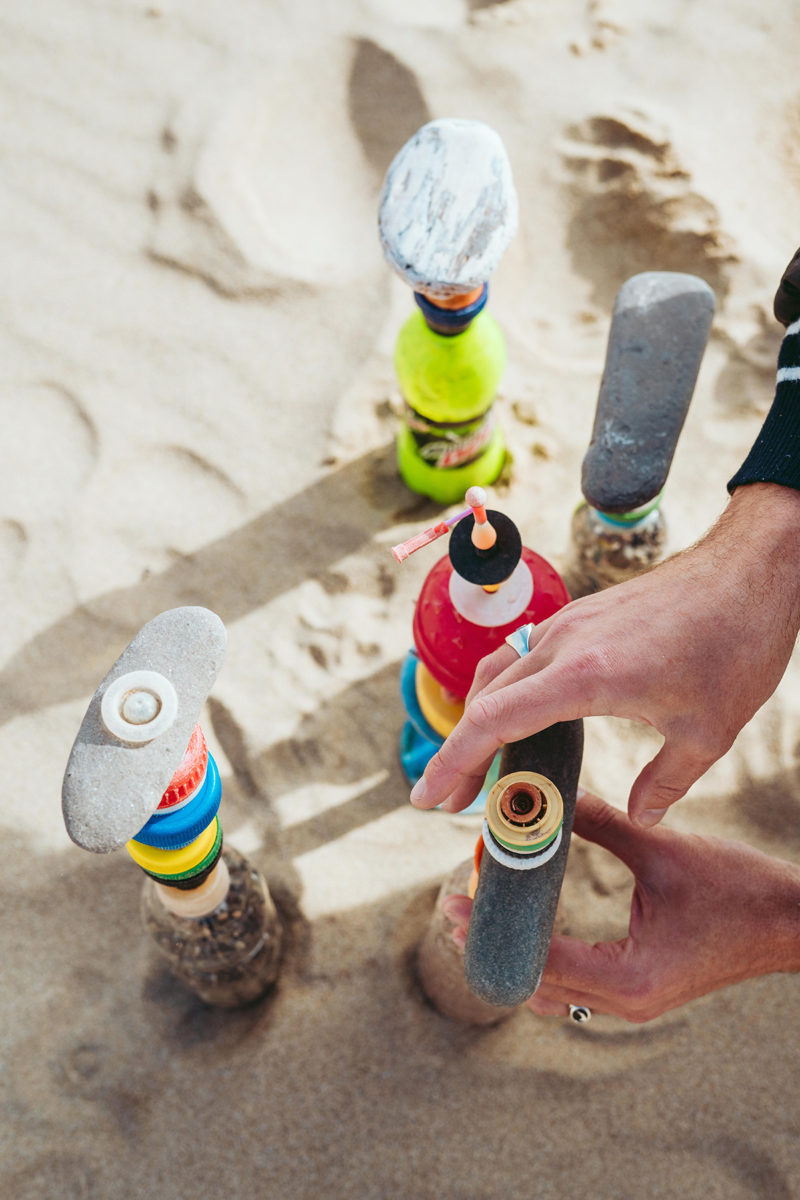 As an extension of this, Julià works with other artists by running the project space TACA in Palma, “an alternative exhibition space of art and visual culture” which hosts up to several experimental art events each month. “I think TACA is a social necessity to accommodate proposals that do not find room [elsewhere] on the island.” TACA is a space that in his words is “in contrast to the homogenising tendencies of traditional galleries.” One way of seeing this is the general tendency for galleries to exhibit a majority of abstract paintings and minimal wall works made by men. At TACA, the exhibitions “try to illustrate the plurality of visions and the multiplicity of languages.” shown through a range of art forms including painting, photography, sculpture, music, performance. Julià believes that “art forms that develop in all directions are the art forms of a democratic and sustainable society.”
As an extension of this, Julià works with other artists by running the project space TACA in Palma, “an alternative exhibition space of art and visual culture” which hosts up to several experimental art events each month. “I think TACA is a social necessity to accommodate proposals that do not find room [elsewhere] on the island.” TACA is a space that in his words is “in contrast to the homogenising tendencies of traditional galleries.” One way of seeing this is the general tendency for galleries to exhibit a majority of abstract paintings and minimal wall works made by men. At TACA, the exhibitions “try to illustrate the plurality of visions and the multiplicity of languages.” shown through a range of art forms including painting, photography, sculpture, music, performance. Julià believes that “art forms that develop in all directions are the art forms of a democratic and sustainable society.”
“I will not say the obvious falsehood that working with found, poor materials can help stop climate change … we are living in times of generalised precariousness, where the planet is no longer able to provide for itself, but we continue to overproduce in order to feed excessive consumption.” Even artists need to reconsider their dependence on raw materials. “My latest projects reflect the environmental crisis that the island is suffering due to tourist saturation and the palpable era of the Anthropocene in which we are immersed.” The Anthropocene is a word that has gained popularity in the last decade to describe the significant impact humans have had on the Earth’s geology and ecosystems. “I don’t feel obliged to respond to specific issues,” says the artist, however, “perhaps living in Mallorca has fostered a certain affection for nature and the archaic.”, values shared by many on the Island, that can perhaps give us some inspiration and hope.
Photos by Sara Savage & Fran Reus Gallery
Address details
